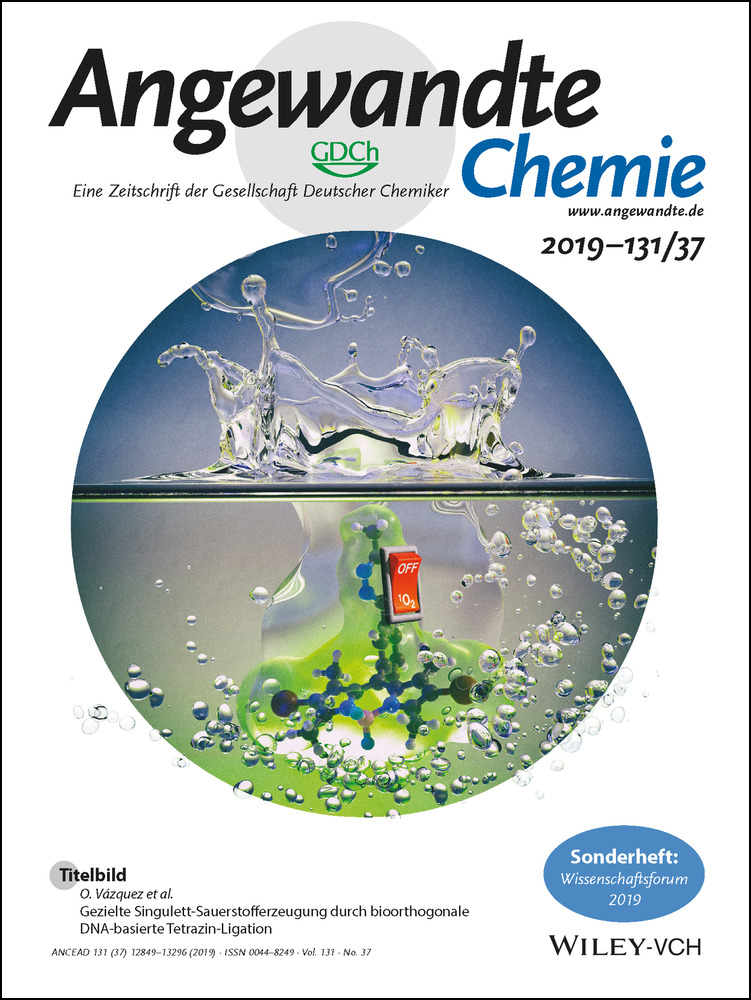Efficient Innate Immune Killing of Cancer Cells Triggered by Cell-Surface Anchoring of Multivalent Antibody-Recruiting Polymers
Abstract
Binding of monoclonal antibodies (mAbs) onto a cell surface triggers antibody-mediated effector killing by innate immune cells through complement activation. As an alternative to mAbs, synthetic systems that can recruit endogenous antibodies from the blood stream to a cancer cell surface could be of great relevance. Herein, we explore antibody-recruiting polymers (ARPs) as a novel class of immunotherapy. ARPs consist of a cell-binding motif linked to a polymer that contains multiple small molecule antibody-binding motifs along its backbone. As a proof of concept, we employ a lipid anchor that inserts into the phospholipid cell membrane and make use of a polymeric activated ester scaffold onto which we substitute dinitrophenol as an antibody-binding motif. We demonstrate that ARPs allow for high avidity antibody binding and drive antibody recruitment to treated cells for several days. Furthermore, we show that ARP-treated cancer cells are prone to antibody-mediated killing through phagocytosis by macrophages.




